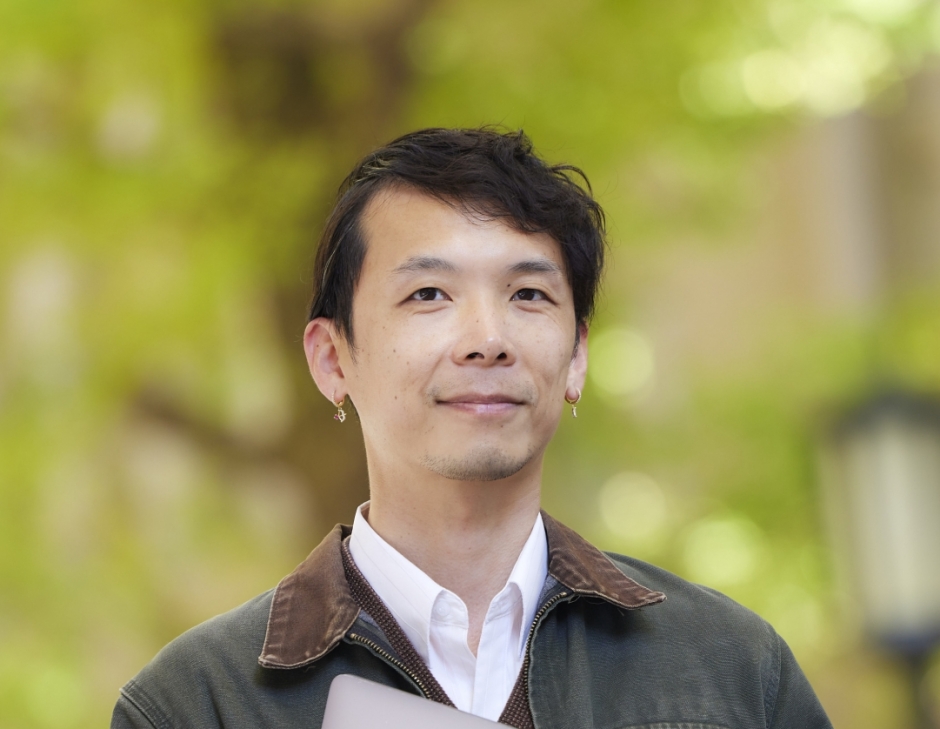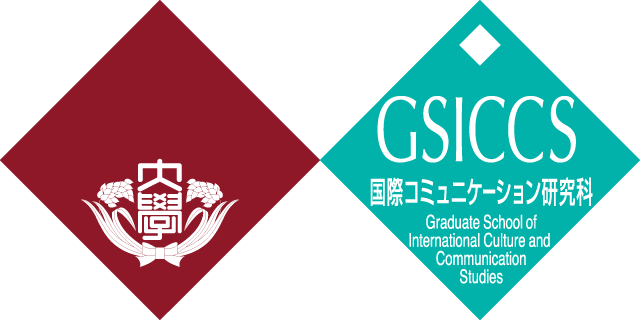- News
- FU, Michael
FU, Michael

- Posted
- Wed, 14 Dec 2022

- Program:Doctoral Program
- Enrollment in:April 2020
- Directed Research: Cultural Studies
Message
My doctoral dissertation concerns the intersection of Asian American creative communities with contemporary narratives from East Asia in film, literature, and gastronomy. I situate my work in the domain of transpacific studies and under the interdisciplinary framework and academic initiative known as Global Asias. This project is an outgrowth of my previous training in film, language, and literature and a response to my personal experiences coming of age in urban America while nurturing relationships with the cities and cultures of East Asia.
I depart from Arjun Appadurai’s notion of ethnoscapes and mediascapes to construct a metaphorical city which I dub the “transpacific elsewhere,” a metropolis located at the threshold of America and East Asia. Infused with the narratives and yearnings of Asian America amid the cultural discourses and geopolitical tensions of the 21st century, the transpacific elsewhere becomes a refuge for Asian minority subjects who refuse to situate themselves within a simplistic racial binary and instead look towards the transnational for a sense of belonging and identity. A complex interplay emerges as Asian American storytellers refashion, reinterpret, and recirculate “Asia” in their own creative practices and collaborate with artists or respond to cultural forms from across the Pacific.
While the broader themes of my research have remained consistent, the scope and methodology of my plan have shifted considerably during my three years of study at GSICCS, thanks to the guidance of Professor Dvorak, my research director, as well as conversations and independent studies I have undertaken with Professors Aso, Karashima, and Law. The critiques I received during my preliminary and intermediate examinations were especially helpful in redefining the borders of this dissertation and fine-tuning my angle of approach. With Appadurai’s neologisms as a foundation, I deploy three theoretical frames—aesthetic and vernacular cosmopolitanism, Stuart Hall’s notions of cultural identity, and Aihwa Ong’s transnationality—in writing about the transpacific elsewhere. In a similar fashion, contemporary cultural reportage, academic literature, and social media are the tripartite texts upon which I build my ethnographic study. With this array of resources in hand, I theorize how Asian and Asian American minority subjectivities are understood in today’s technologically mediated discourses and how food, film, and fiction share common ground in storytelling, representing a diversity of viewpoints from above and below and forming a kaleidoscopic narrative about transnational Asian solidarity in precarious political times.
